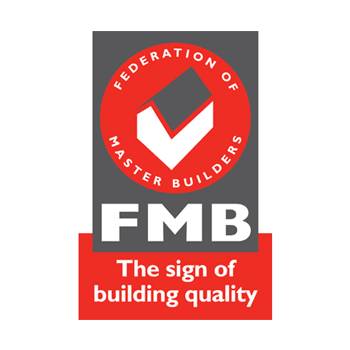 Construction companies have been ordered to pay almost £8m in health and safety fines since new sentencing guidelines came into force earlier this year, according to BLM’s Health and Safety tracker.
Construction companies have been ordered to pay almost £8m in health and safety fines since new sentencing guidelines came into force earlier this year, according to BLM’s Health and Safety tracker.
In what was described as the most dramatic change to health and safety legislation in over forty years, new guidelines were imposed in February 2016 for health and safety, food hygiene and corporate manslaughter offences. The size of a business and its turnover are considerations for the court now in imposing these large fines. Large businesses with turnovers in excess of £50 million can face fines of up to £10 million for the most serious health and safety offences and corporate manslaughter fines could reach up to £20 million.



 The Appeal Court’s decision on 11 May to uphold a Government initiative to waive affordable housing requirements for small developments was hailed by the Federation of Master Builders (FMB) as a boost for SMEs and housebuilding.
The Appeal Court’s decision on 11 May to uphold a Government initiative to waive affordable housing requirements for small developments was hailed by the Federation of Master Builders (FMB) as a boost for SMEs and housebuilding. The construction industry has been at the forefront of resolving disputes by way of so-called alternative dispute resolution. These alternatives to litigation have been encouraged by the courts and the government and, indeed, many construction contracts provide for disputes to be dealt with by mediation, adjudication or arbitration – often, according to a guide to process by the College of Estate Management, a combination of all three.
The construction industry has been at the forefront of resolving disputes by way of so-called alternative dispute resolution. These alternatives to litigation have been encouraged by the courts and the government and, indeed, many construction contracts provide for disputes to be dealt with by mediation, adjudication or arbitration – often, according to a guide to process by the College of Estate Management, a combination of all three. Powered gate owners are being urged to have their gates checked for safety after a court heard how a defective works gate collapsed and seriously injured an employee.
Powered gate owners are being urged to have their gates checked for safety after a court heard how a defective works gate collapsed and seriously injured an employee. The case of ISG Construction Ltd v Seevic College[1] (the 'Seevic case') has provided helpful guidance on the court’s approach to disputes involving payment notices under the statutory payment regime introduced by the Construction Act[2] and Part I of the Scheme[3] relating to payment. In particular the court made clear its reluctance to allow a party to use adjudication on a technicality to circumvent the payment provisions and reinforced the need to comply with the appropriate contractual or statutory payment and pay less notice provisions.
The case of ISG Construction Ltd v Seevic College[1] (the 'Seevic case') has provided helpful guidance on the court’s approach to disputes involving payment notices under the statutory payment regime introduced by the Construction Act[2] and Part I of the Scheme[3] relating to payment. In particular the court made clear its reluctance to allow a party to use adjudication on a technicality to circumvent the payment provisions and reinforced the need to comply with the appropriate contractual or statutory payment and pay less notice provisions.